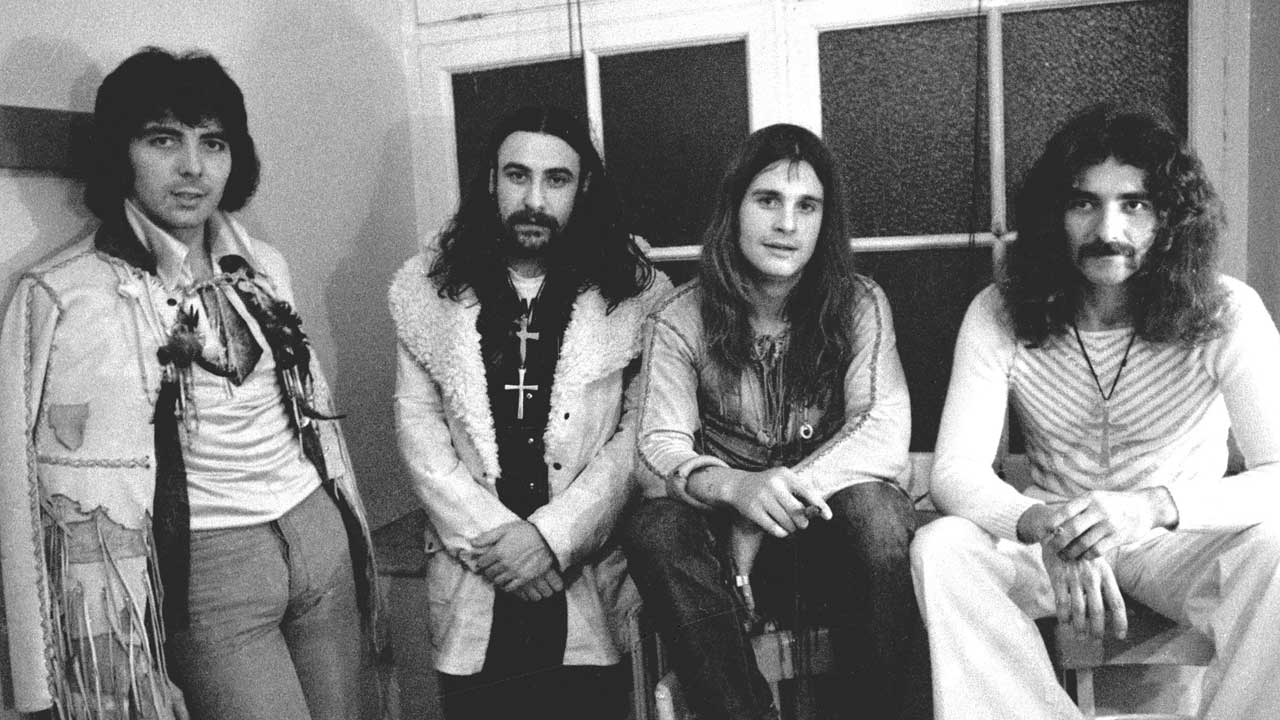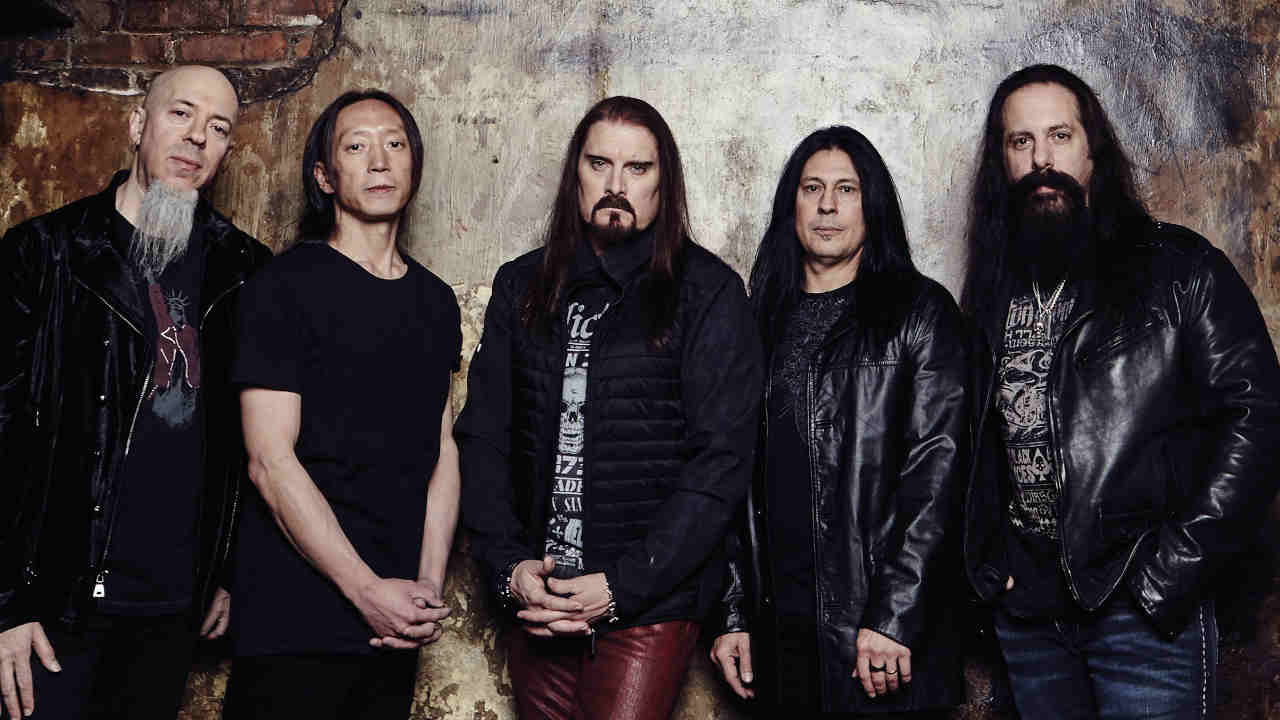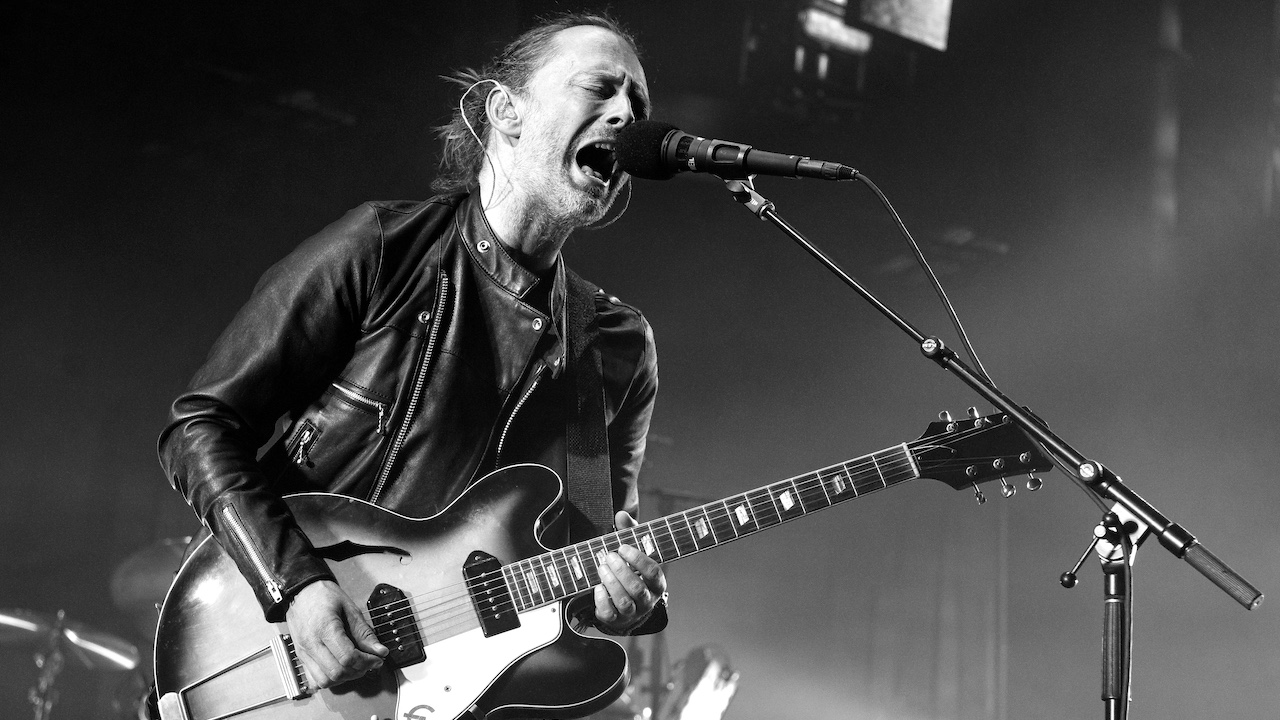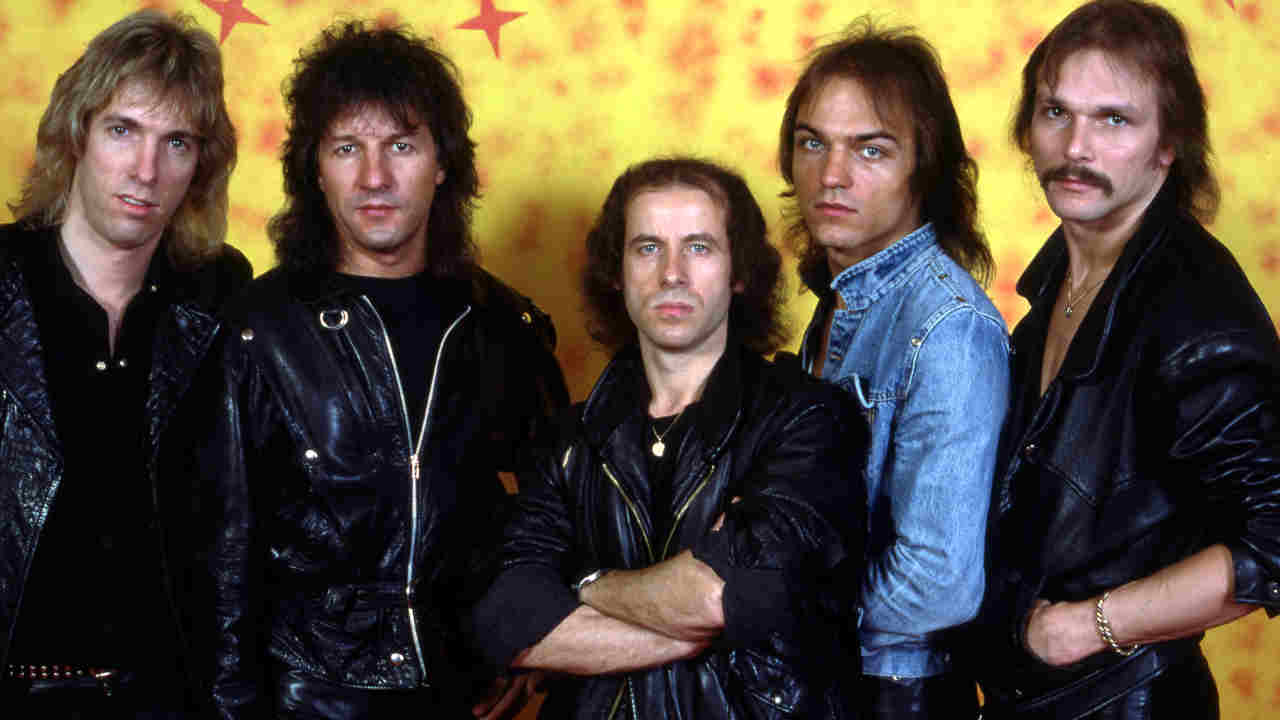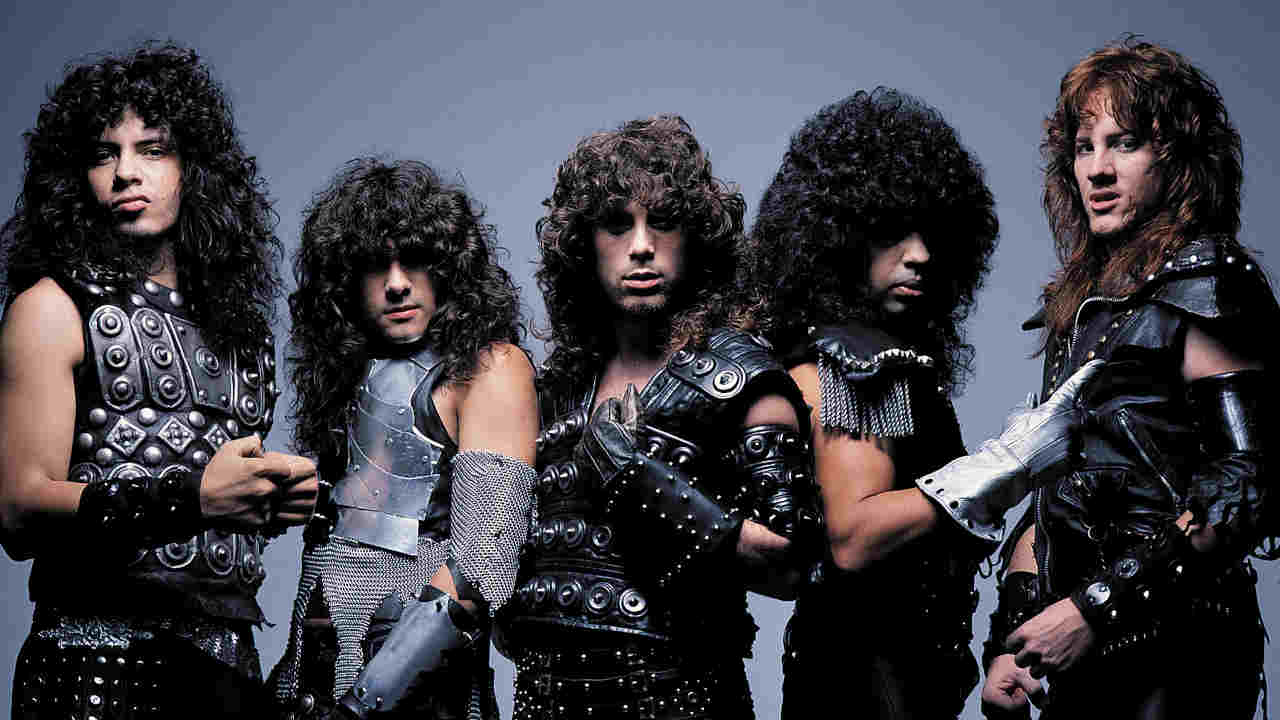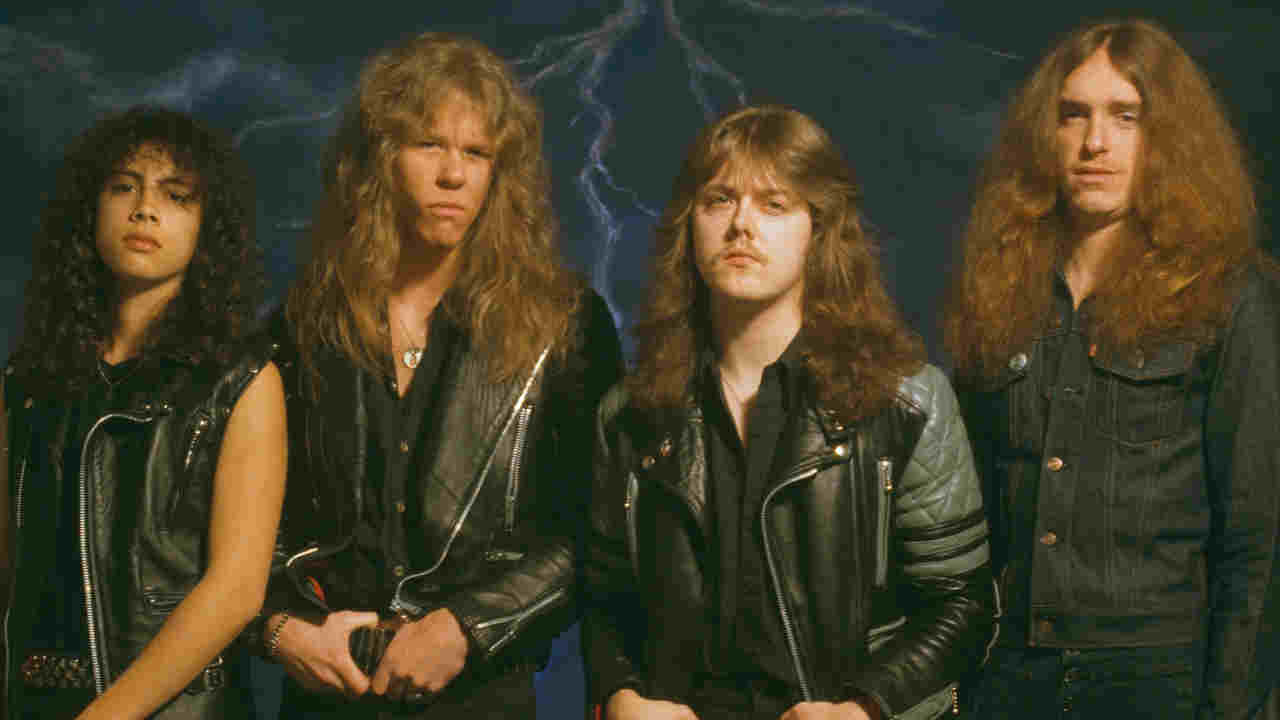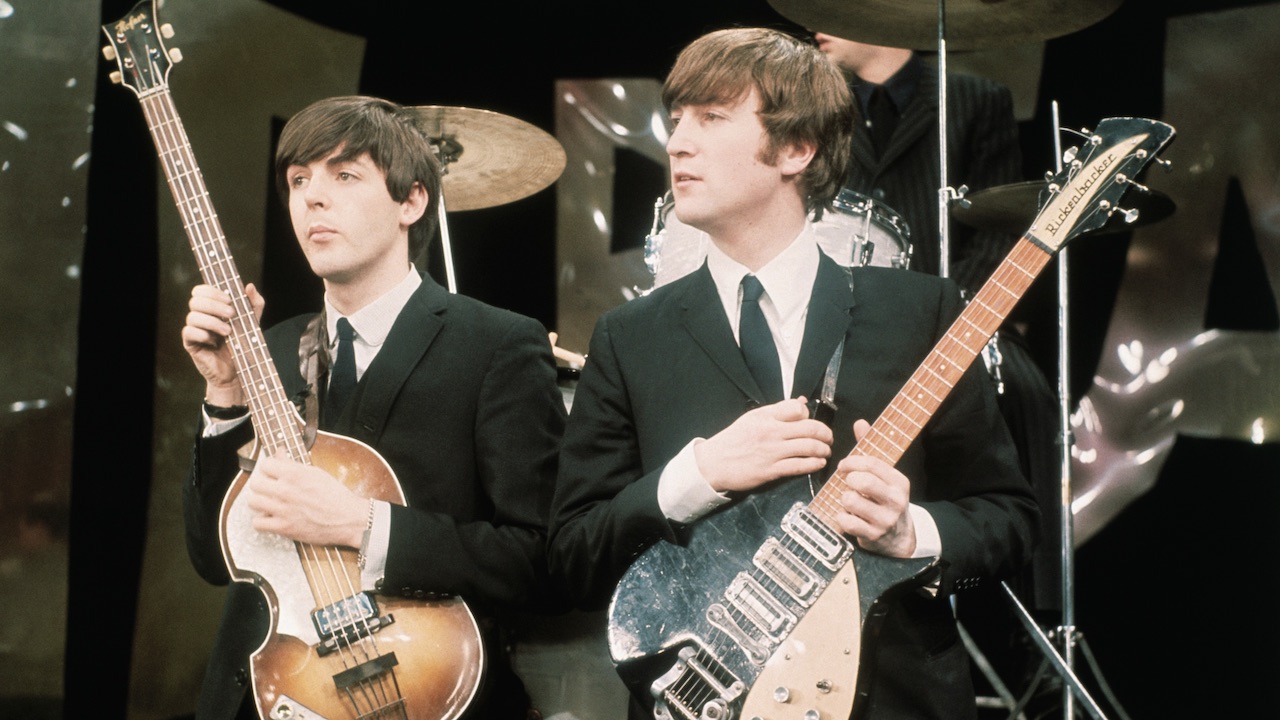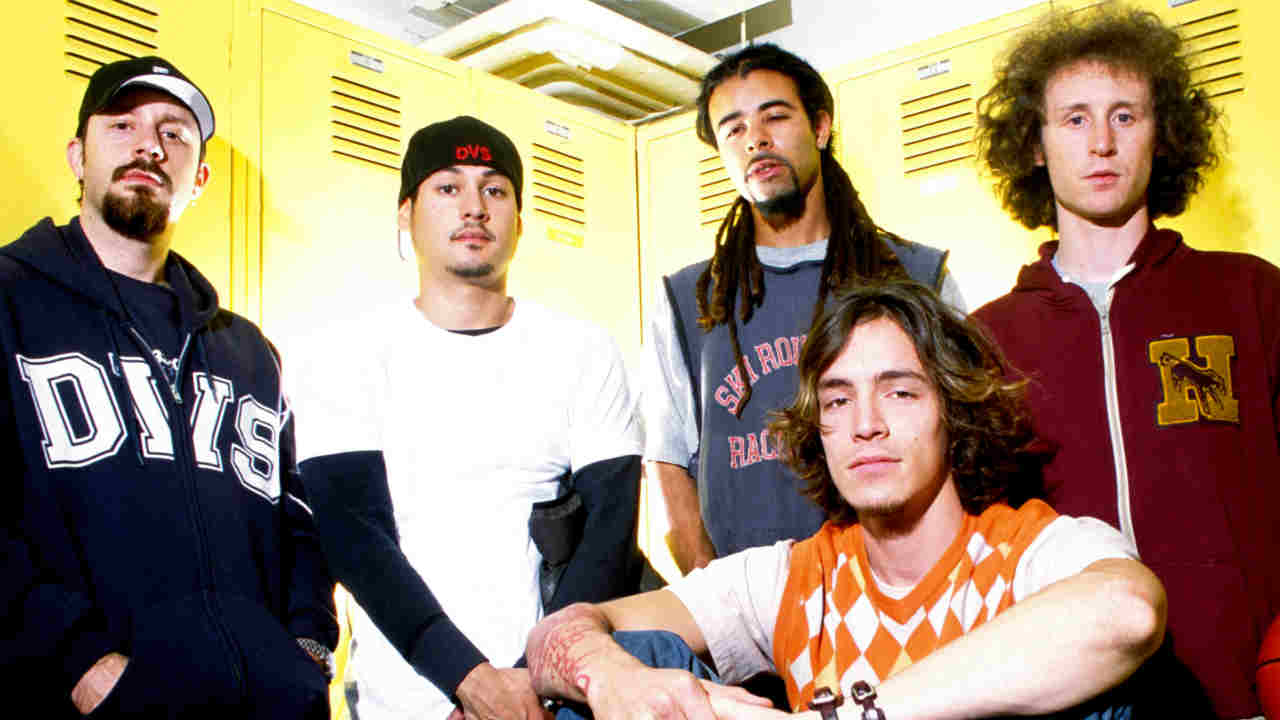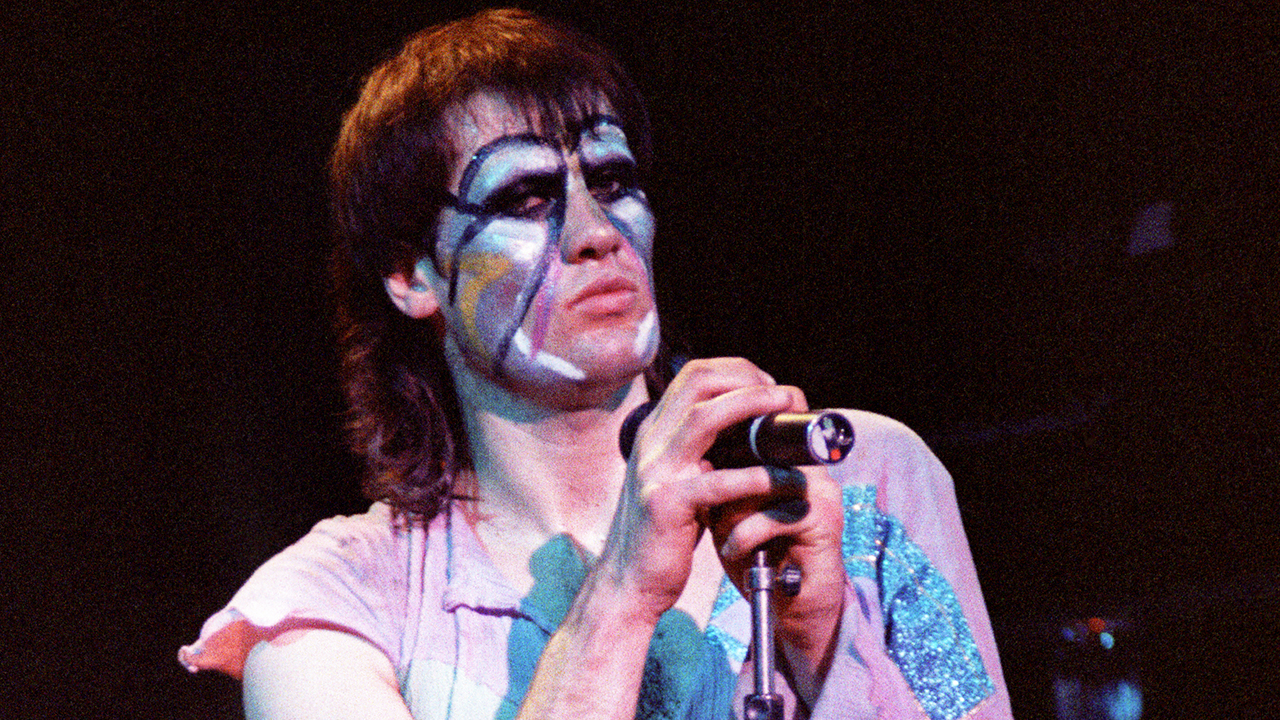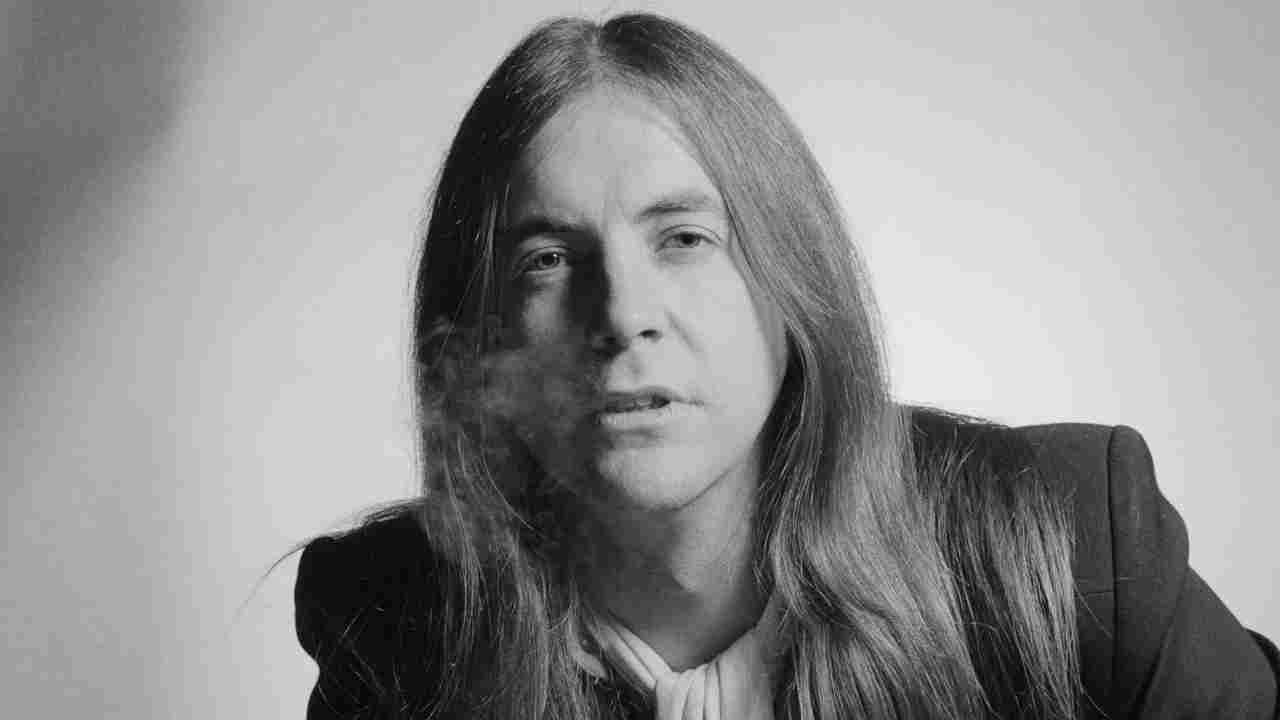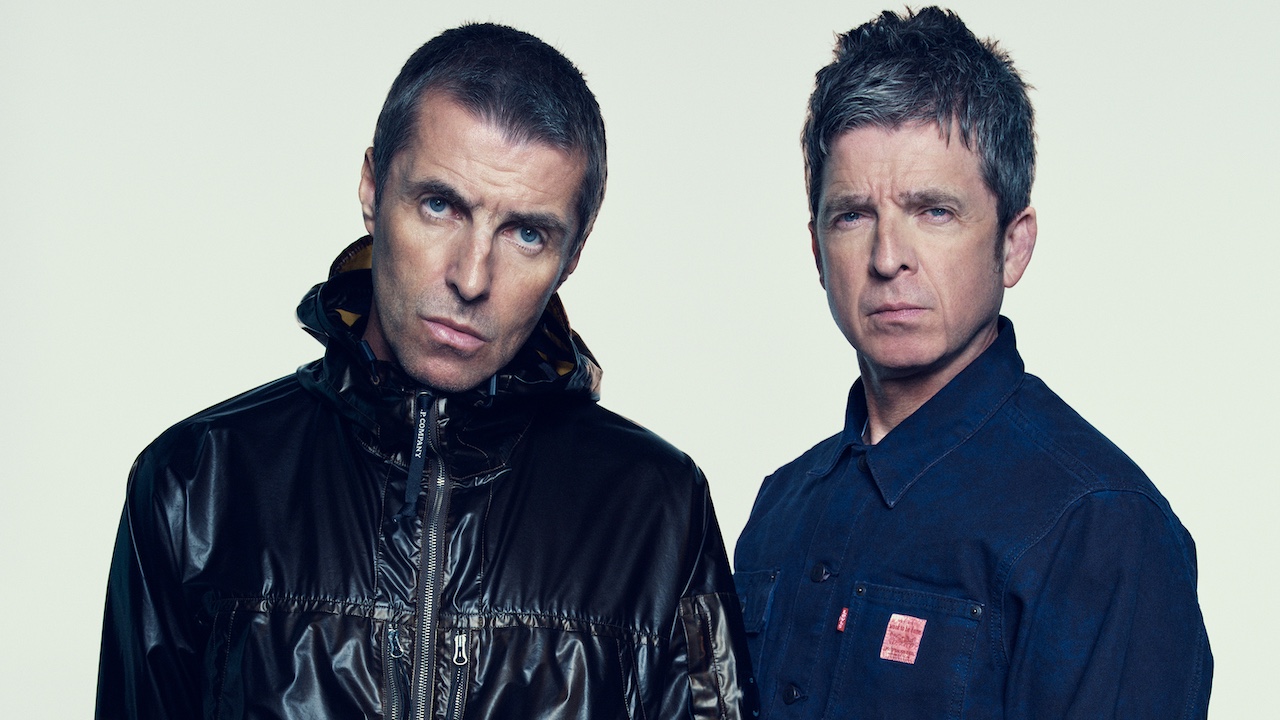In 2014 we celebrated the 200th edition of Classic Rock by doing what we do best, and brought you more interviews with the biggest names in the rock world than we ever had before. Two hundred of them, in fact. And we asked Black Sabbath about their heroes and villains.

Who were your earliest musical heroes?
Ozzy Osbourne: The Beatles had a massive impact. I remember walking down Witton Road in Aston with a blue transistor. I was only a young guy, trying to be flash. I heard She Loves You and that fucking moment absolutely catapulted me into some zone that I’ve never quite got out of. It was like being hit by a lightning bolt.
My son Jack once asked what it was like when The Beatles were happening. I went: “The only thing I could say is that you go to bed today, then get up tomorrow morning and it’s a completely better world.” That’s what it was like when I got Beatlemania. It was a magic time for me. The Beatles were the reason why Ozzy Osbourne started singing.
Geezer Butler: The house was always full of music. My mum and dad would play Irish music, then my three brothers were all Teddy boys, into Elvis, Gene Vincent and Eddie Cochran. And my sisters liked Cliff Richard. But I didn’t have anybody I could latch on to until The Beatles came along. That was my band.
I started out playing rhythm guitar so I could be like John Lennon. A few years later I went to see Cream. Everybody was going on about what an incredible guitarist Eric Clapton was, but I ended up being mesmerised by Jack Bruce. I’d never even thought about playing bass until I saw Jack, but that’s what I wanted to be after that.
Tony Iommi: For me it was all about rock’n’roll, from Buddy Holly to The Shadows. I leaned towards The Shadows more because they were an instrumental band and it was a guitar thing, because that’s what I wanted to play in the end. At first I wanted to play drums, but my parents wouldn’t let me have any. Apart from not having any room, they wouldn’t have put up with the row.
Django Reinhardt was an important one too. I only discovered him by chance after I’d had my accident at work, where I cut the ends of my fingers off. It was my final day and I was about to leave the job and go to Germany with a band. But that put paid to that. Then the manager of the firm told me about Reinhardt and brought me an EP. And that got me back into playing again.
I’ve often thought about what I would’ve done if it hadn’t worked out like this. Having the accident made me persevere with making a guitar that I was able to play. A regular guitar wouldn’t work for me, so I had to come up with light-gauge strings and sit there filing down frets.
What about other heroes?
Ozzy: My heroes are my kids, I suppose. Being a father is a challenge and I’m learning from them all the time. I’m clean and sober today, which is the longest I’ve been sober in a long time, but I used to say to them: “Oh, you’d drink and do drugs if you had the pressure I have.” But that’s an excuse really.
I constantly tell my kids I love them. I’m not being mushy or anything, but when I was growing up, it just wasn’t the thing to do. My folks never told me about sex, alcohol, tobacco or any of that. And without Sharon, I don’t know where I’d be. I’d probably be dead. She taught me a lot of things about myself.
For me to still be alive at sixty-five is fucking unbelievable. I’d done a good job of fucking up my family for years, through drugs and alcohol abuse, then the TV show came along [The Osbournes] and I watched my family virtually implode over the next three years. My wife was diagnosed with cancer, my two kids ended up in rehab and I was diagnosed with Parkin’s [Syndrome].
No amount of money or success is worth that. But I’m not ashamed about doing the show. My son said to me, “Dad, do you like the fact that people are either laughing with you or at you?” I went, “I don’t give a shit what they do. I’d rather have them laughing than throwing shit at me.”
Geezer: Peter McParland of Aston Villa was a big hero growing up. He was part of the team that won the FA Cup against Manchester United in 1957. United were champions, it was the famous Busby Babes team and nobody had given Villa a chance whatsoever. But McParland more or less won the match on his own.
I used to work for a sportswear company and once designed the Villa kit for the 2000-2001 season. I came up with an all-black away strip that everyone hated.
Geezer: Really? I’ve still got one of those at home. I was glad that it was black because it fitted in with the whole Sabbath thing.

What about the villains in your life?
Ozzy: Patrick Meehan poached us from our first manager, Jim Simpson, because he couldn’t really help us make it in America. But he took us for a ride. Then again, I can’t blame anybody or anything for what happened to Black Sabbath. Our lives had already changed forever. And you get there in the end if you keep going.
Geezer: Our early manager is probably the worst one. Then again, things often happen for a reason. He did get us to America, so there’s a yin and yang kind of thing. Did it make us wiser? You always regret certain things, but you also realise that what happens happens.
Tony: I’ve met quite a few real-life villains over the years – ex-managers and the Mafia, that kind of thing. The band got mixed up in a lot of that in the early days. There were certain people who wanted to manage the band because it was another feather in their cap.
There was Wilf Pine [gangster and one-time co-manager of Sabbath], who was involved with us in the early days. He and this big guy called Arnie used to go around carrying a large case with a hammer in it. And if you weren’t getting paid, they’d break somebody’s knees. That was the kind of thing that happened in those days because there weren’t any music lawyers. They’d have to beat somebody up to get money.
Any others?
Geezer: Probably George Bush, for starting the Iraq war.
Tony: Sections of the music press didn’t like us at all early on. If we’d read some of the articles about the band, we probably would never have played again. But it just spurred us on even more. It’s fair enough if people don’t like your music, and everyone’s entitled to an opinion, but one guy from Melody Maker wrote something about me that I thought was very insulting. It became personal, and I wouldn’t accept that. I called him up and said: “If I ever see you, this is what’s going to happen…” And I saw him [laughs].
Ozzy: Divorce. I treated my first wife abominably. With Sharon I wasn’t exactly a knight in shining armour either. I’d come home in an ambulance or police van: “Can you bail me out, darling?” I’m lucky to have a fucking friend, never mind a family. But she stuck it out. Sharon wouldn’t let me abuse her all the time. She’d punch me in the fucking eye.
So maybe one of your biggest villains has been yourself?
Ozzy: Looking back, I would’ve treated my wives and family a lot better than I did. I thought that by providing for them, everything else would be acceptable. But it’s not. Last year I came very close to Sharon actually dumping me.
She just couldn’t handle it any more. I remember having a disagreement about something with Jack when he was about fifteen. I said to him: “Why the fuck are you always complaining? When have you ever wanted for a damn thing?” And he went: “How about a father?” It was like being hit by a rock between the eyes.
How does it feel playing with Sabbath these days?
Ozzy: I’m blessed to be doing what I’m doing at the age of sixty-five. There ain’t many of us left. Getting up on stage with Sabbath is special. There’s nothing like the original guys. Tony Iommi is a fucking monster with riffs. He comes up with stuff time and time again. I’ve known him for over fifty years now and he fucking does it every time. He’s a one-off guy.
Tony: Obviously I’ve still got my lymphoma and have to cope with that. This latest tour was quite rough on me. I kept getting pains here and there and not feeling so good some nights. But the band has been brilliant. When I was diagnosed, everybody palled round me. And being back with Ozzy and Geezer, and Bill [Ward] when he was there, was just really supportive. It’s made me appreciate things so much more than I did before.
Geezer: The original intention with the latest album [13] was to just have some new stuff that we could play on stage. We didn’t expect it to take off the way it has.
Incidentally, is it true that Sabbath once auditioned Michael Bolton to replace Ronnie James Dio?
Tony: Yes. We had a lot of audition tapes and Michael Bolton was one of them. Actually, he did a good job. But we had so many during those days and were looking for a particular person.
Will there be another Sabbath album?
Tony: I’d like to think we could do one. The only thing that I find hard now is touring, but doing an album in one place is a little different.
Ozzy: [13 producer] Rick Rubin said: “Think back to the first album [Black Sabbath, 1970]. I want you to forget heavy metal as you know it.” I thought: “What the fuck are you on about? We invented it!” But after a few days I realised he was talking about the freedom of the playing. I’m hoping that if we do another album, it’ll be the next Paranoid. We could do with a new anthem to finish the show.
This feature originally appeared in Classic Rock 200 (July 2014). Black Sabbath reunite for one last show at Villa Park on July 5.
